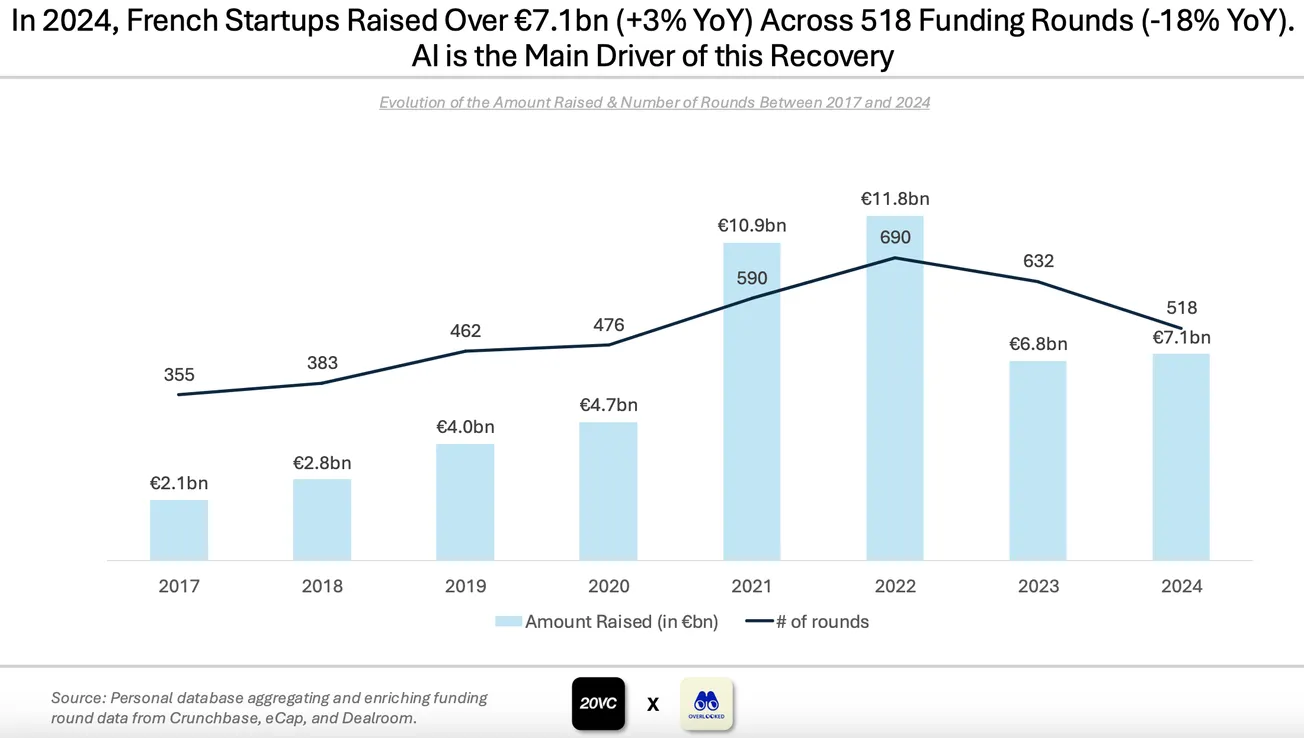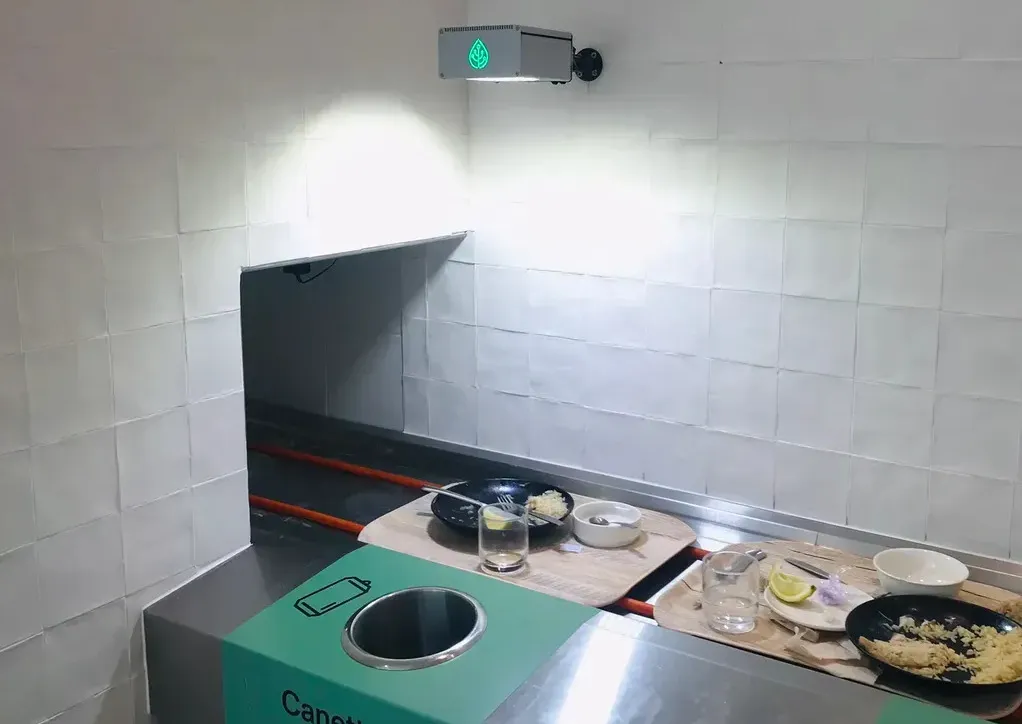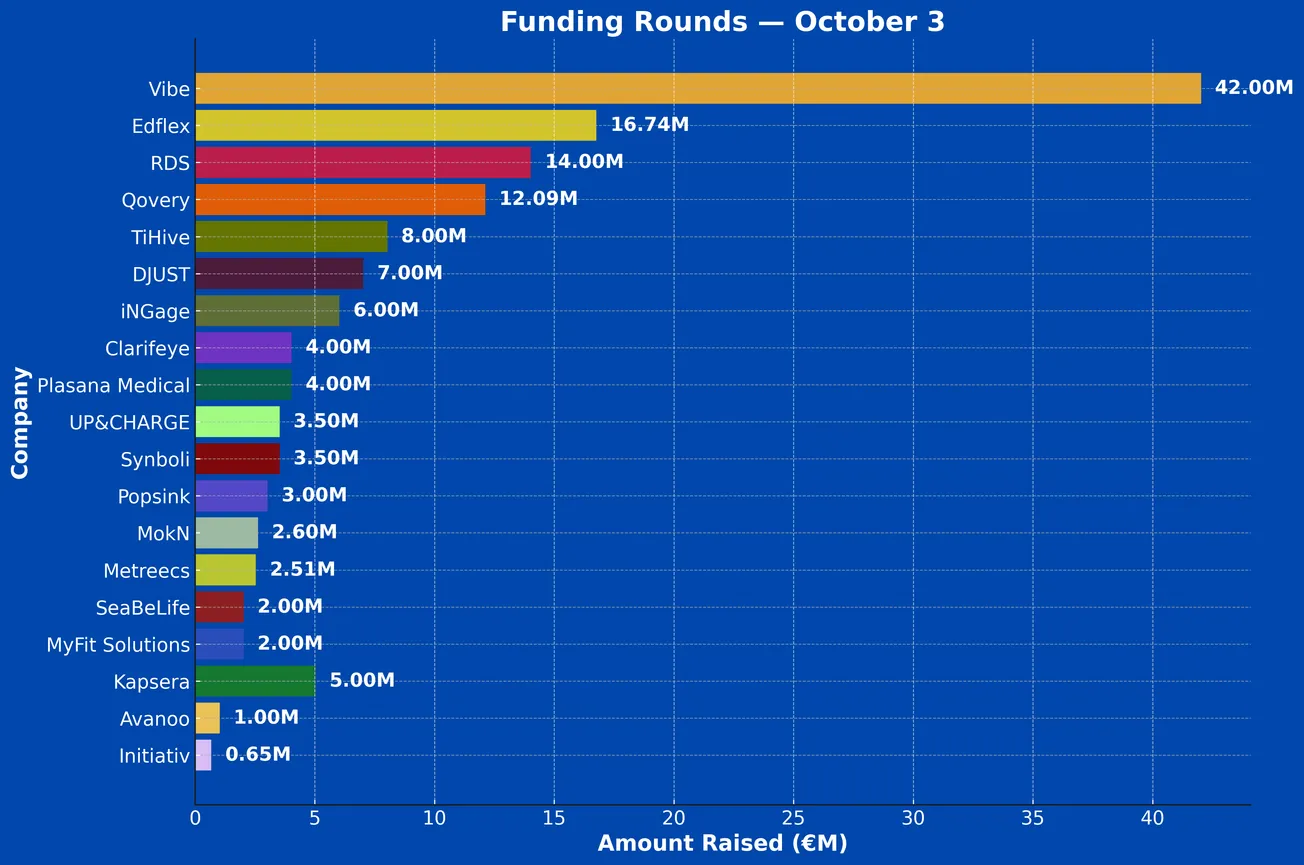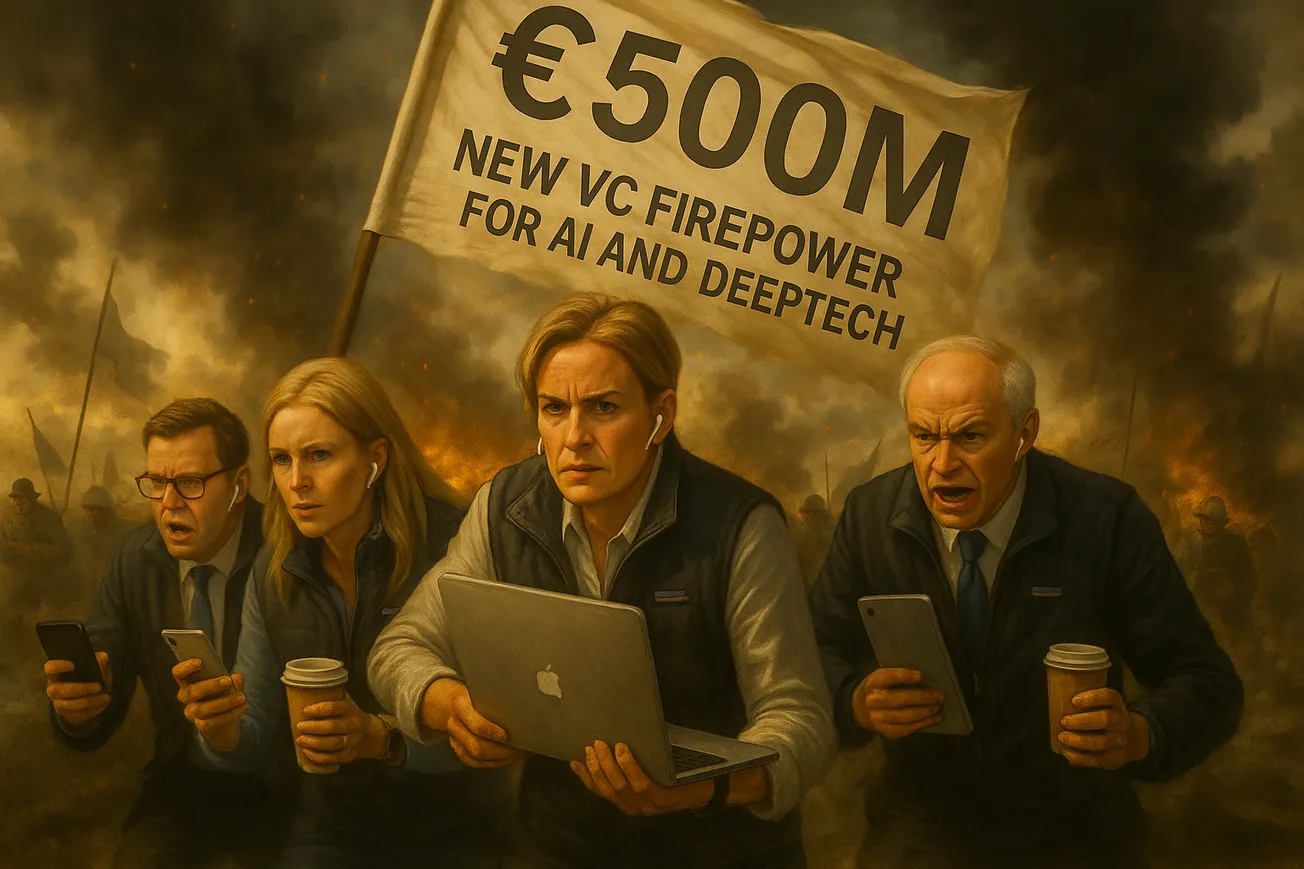Doctolib is seeing explosive growth of its video consultation service as patients and doctors have rushed to embrace it as a critical alternative during the coronavirus quarantine.
The French startup had attained unicorn status on the back of a medical appointment booking service the operates only in France and Germany. Launched in 2013, the company has raised $266 million in venture capital, including a €150 million round last summer that pushed its valuation past $1 billion.
On the heels of that huge round, last fall Doctolib extended its service to offer video medical consultations. The timing turned out to be auspicious.
In a press release today, the company says it is now among the world’s 3 largest providers of online medical consulations. Back in March, the company made the service free.
Of course, as with all digital services that are booming thanks to the coronavirus, the question remains as to how durable such adoption will be.
Will people will revert to old habits after confinement ends or will these experiences prove so powerful that they will endure?
Doctolib said there were signs before the coronavirus that users were becoming more comfortable using the video service.
But thanks to the confinment, the company now has 31,000 physicians who have registered to use the service. Whereas 12% of booking on Doctolib involved video in March, that grew to 45% in April. The 100,000 online consultations each day has placed it just behind Chinese and U.S. competitors that it did not name, and is a huge leap from the 1,000 per day it saw before the lockdowns.
“The need for accurate patient orientation and follow-up at home have made online consultations essential during the COVID-19 epidemic,” said Stanislas Niox-Chateau, co-founder and president of Doctolib in a statement. “Given the massive adoption of the service by the French, I am convinced that video consultation will become an important tool for practitioners and their patients in the future.”









